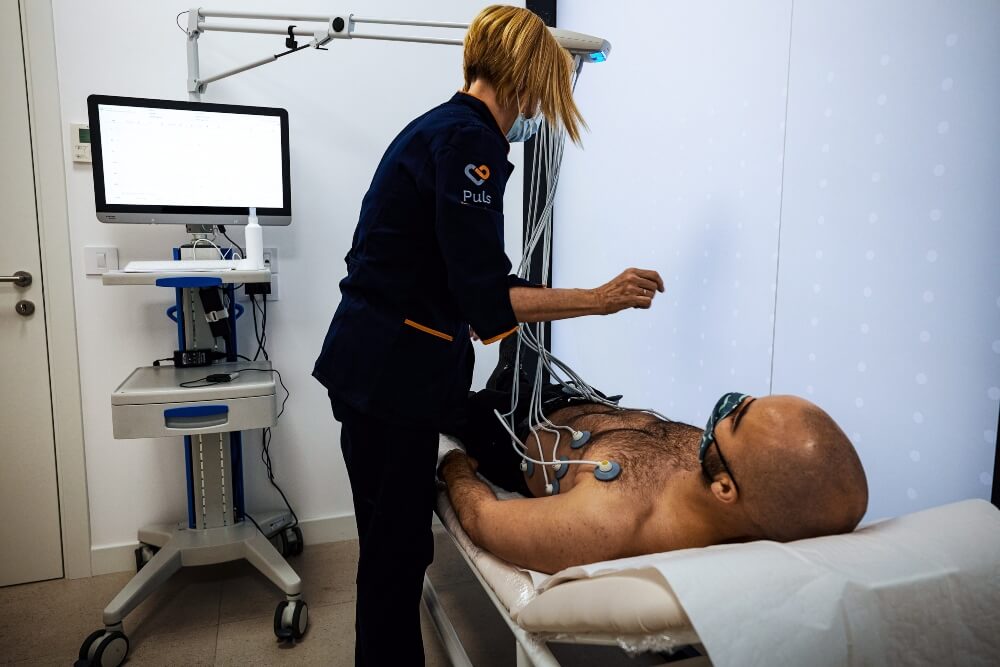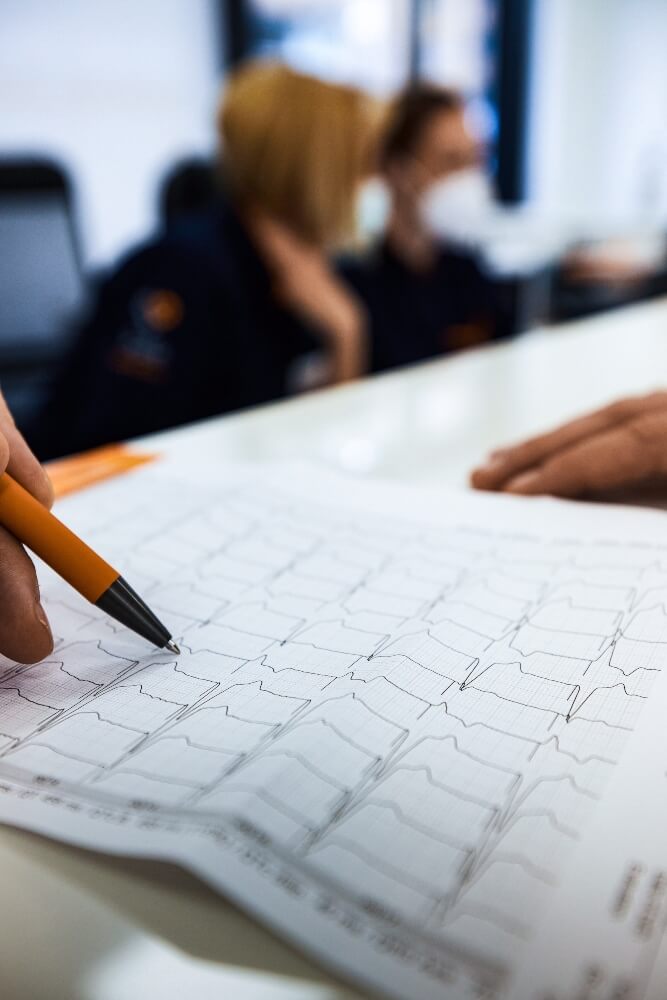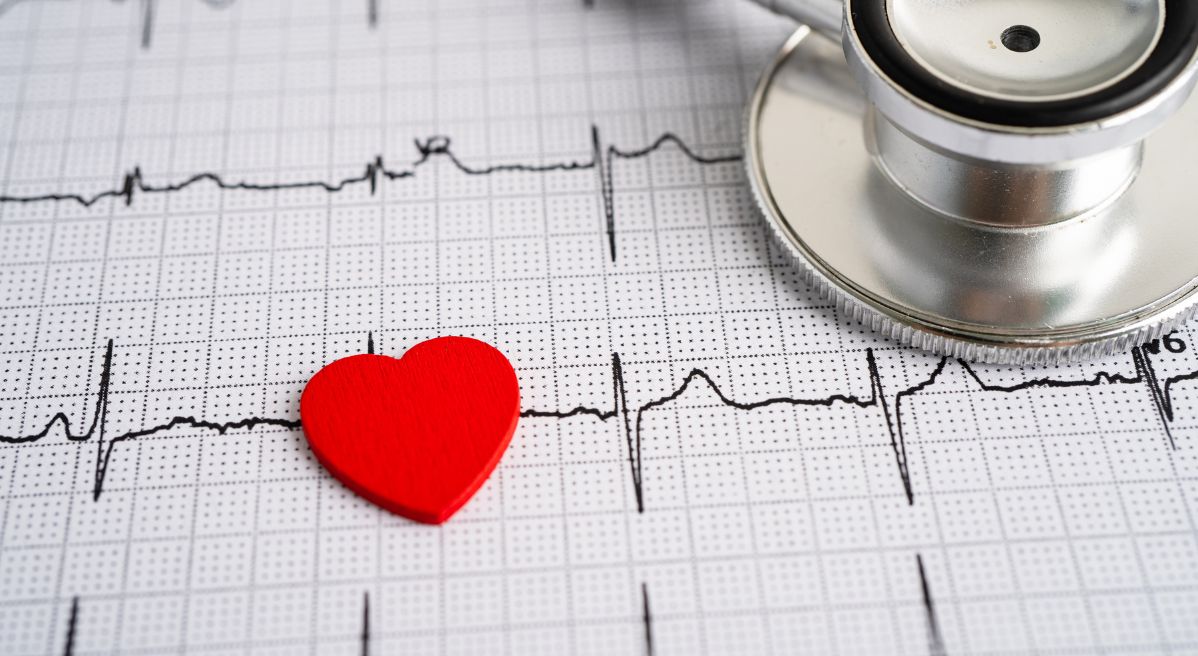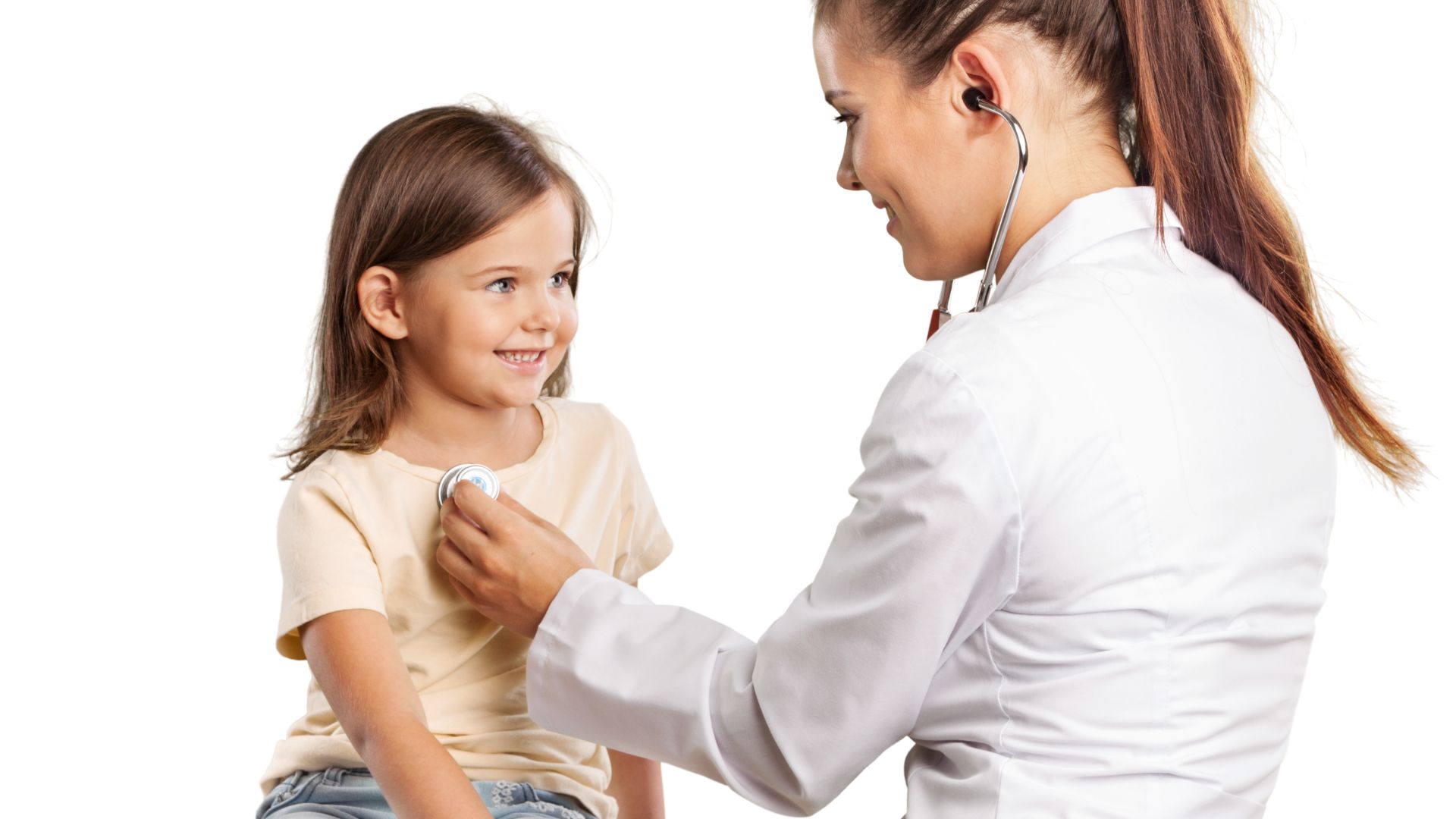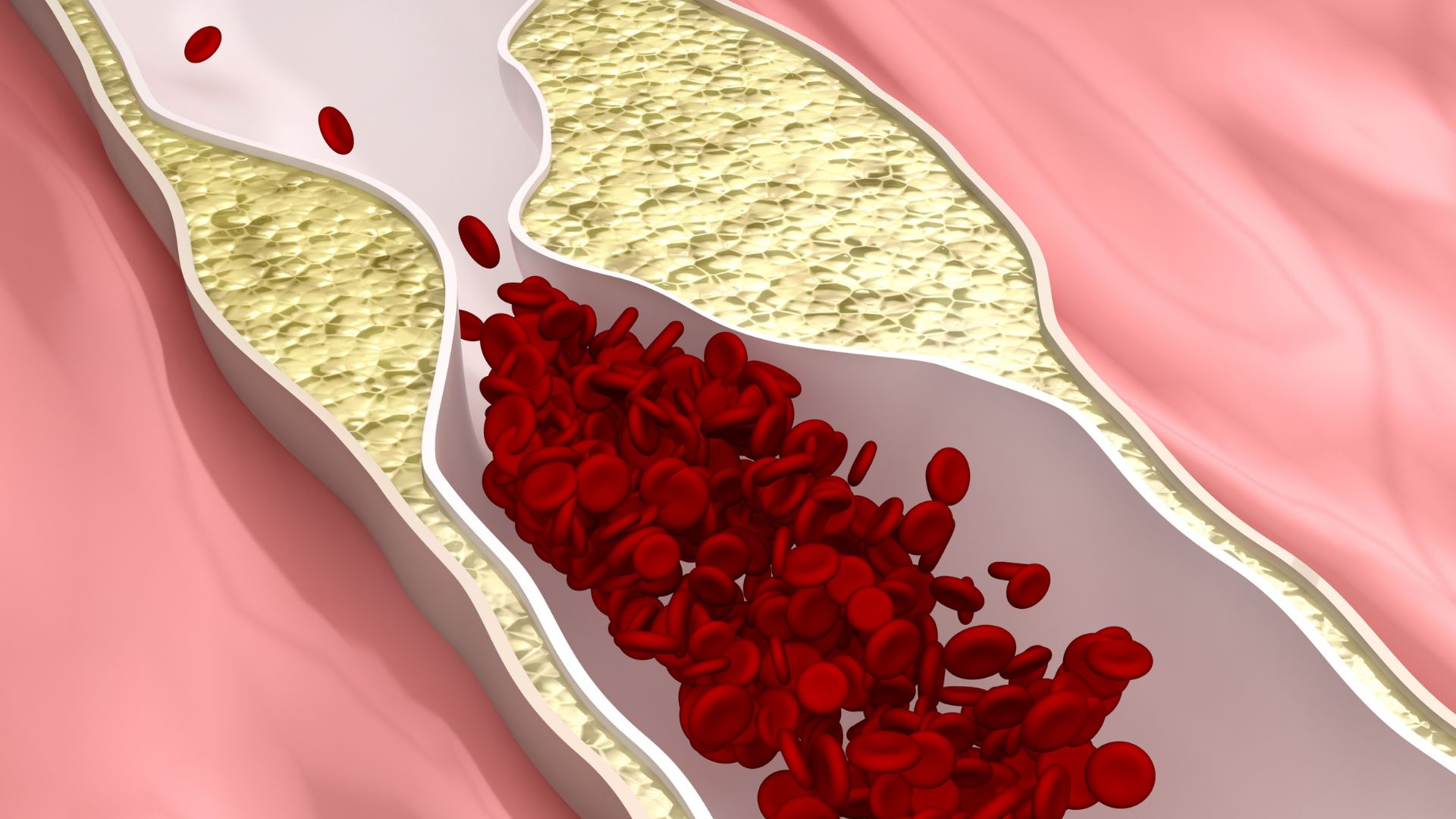Rapid heartbeat (also known as tachycardia) affects its function, so this problem should not be allowed to persist.
The examination is the first step in solving the problem, and the other steps will consist in changing the way of life, and sometimes in the application of therapy or the performance of a specific intervention.
If you are interested in how to calm down a fast heartbeat, this is the text for you. We will present you important facts related to tachycardia, the reasons for its occurrence and ways to control it.
What is tachycardia?
Tachycardia (tachyarrhythmia) is a condition in which the heart makes more than 100 beats per minute at rest.
Rapid heartbeat can be
- normal – what will happen when we expose the body to a greater effort, for example when we exercise or do something physically difficult
- abnormal – when the reason for the tachycardia is some heart problem. In those situations, diagnosing the primary problem that accelerates the heart and treating it is necessary
A faster than normal heartbeat is not good for heart function because then enough blood and oxygen simply cannot get to the heart and brain. Therefore, this problem increases the chances of having a stroke or heart attack.
What heart rate per minute is normal?
Depending on the age, the normal heart rate, i.e. the normal heart rate, varies greatly.
- in babies, the number of heartbeats in the first two days is up to 159 per minute
- in babies from 3 to 6 days up to 166 beats is normal
- in the period between the 1st and 3rd week 182 beats
- between 1st and 3rd month 179 beats
- between 3rd and 5th month 186 beats
- between 6 months and 1 year 169 beats
- between 1st and 2nd year 151 beats
- between 3rd and 4th year 137 beats
- from 5 to 7 133 beats
- from 8 to 11 years 130 beats
- from 12 to 15 years 119 beats
- after the age of 15, 60 to 100 beats per minute is considered normal
Why does tachycardia occur?
Therefore, you should know that:
- it can be a reaction to some strong drugs
- it can happen in situations of great fear or stress
- in the case of taking too much alcohol or other opiates it often happens
- consumption of large amounts of caffeinated beverages, consumption of energy drinks can also be the causes of rapid heartbeat and pulse
- nicotine affects the heart in this way as well
- exercise is another reason, as well as hard work, due to which irregular heartbeats occur
On the other hand, there are also medical reasons, i.e. primary diseases that have tachycardia as a symptom:
- diseases of the cardiovascular system
- congenital heart defects
- heart muscle problems
- infections
- anemia
- lung diseases
- improper functioning of the thyroid gland
- fever
- blood pressure problems
- anxiety
There are situations when it is difficult or impossible to determine the cause of tachycardia.
What are the symptoms of tachycardia?
Many patients accidentally discover tachycardia during examination, while others will still experience symptoms such as:
- high number of beats
- quickly tiring
- fainting and dizziness
- low pressure
- shortness of breath
- palpitations
- feeling short of breath
- sudden weakness
If you have any of the symptoms, you should have a cardiological examination. At Pulse Cardiology Center, you can do any analysis you need to assess the health of your heart, and in order to make your choice easier, we have prepared special packages of services depending on your symptoms and needs.
What types of tachycardia exists?
There are several types of tachycardia:
- Ventricular tachycardia – this tachycardia occurs in the chambers of the heart and is very dangerous. Consequences can be ventricular fibrillation, asystole and death. The number of heart beats per minute in this case is between 120 and 200.
When this type of tachycardia lasts longer than 30 seconds, it is an introduction to a heart attack, and therefore it is necessary to react immediately and call for help.
Ventricular tachycardia often occurs as a result of congenital heart defects, cardiomyopathy, myocarditis, ischemic heart disease and metabolic-electrolyte disorders.
- Supraventricular tachycardia – this type of tachycardia is connected to the atria, i.e. then the impulses start from the upper part of the heart, more precisely from the atria.
A rapid heartbeat then begins and ends abruptly.
The number of beats per minute ranges from 150 to 220 and is not a life-threatening problem in people who are generally healthy. Regardless of the fact that in those cases it will not lead to a bad outcome, the feeling it causes is very unpleasant, so it can scare the person to whom it happens. In those moments, the person sweats, feels dizzy and very uncomfortable.
- Sinus tachycardia – it occurs due to disturbed generation of impulses in the sinus node and is often a consequence of some other problem. Sinus tachycardia can occur in situations where there is a drop in the level of oxygen in the blood, in anemic or sick people, but also in situations of great stress, anxiety, fatigue or due to the consumption of certain drugs.
How to calm down a rapid heartbeat?
Depending on the trigger of tachycardia, you can act in different ways. If you have been diagnosed with a cause and prescribed therapy, you will take the therapy according to the doctor’s advice and follow his instructions.
If stress or fatigue are the triggers, you should arrange your daily activities so that you have time for physical and mental rest and healing. Anxiety and stress are often underestimated, but they also affect the whole body, including heart health, and that’s why it’s important to master techniques that will help overcome these problems.
What does the treatment of tachycardia involve?
Treating tachycardia involves treating the primary problem that causes it, and with regular therapy, in most cases, patients manage to control their heartbeat, so it no longer beats fast and they don’t have a fast pulse.
Even when it is impossible to determine the cause of tachycardia, treatment can help: antiarrhythmic injection, drugs flecanide and propafenone, beta blockers.
When medications do not give satisfactory results, there are other options such as: cardioversion and radiofrequency ablation.
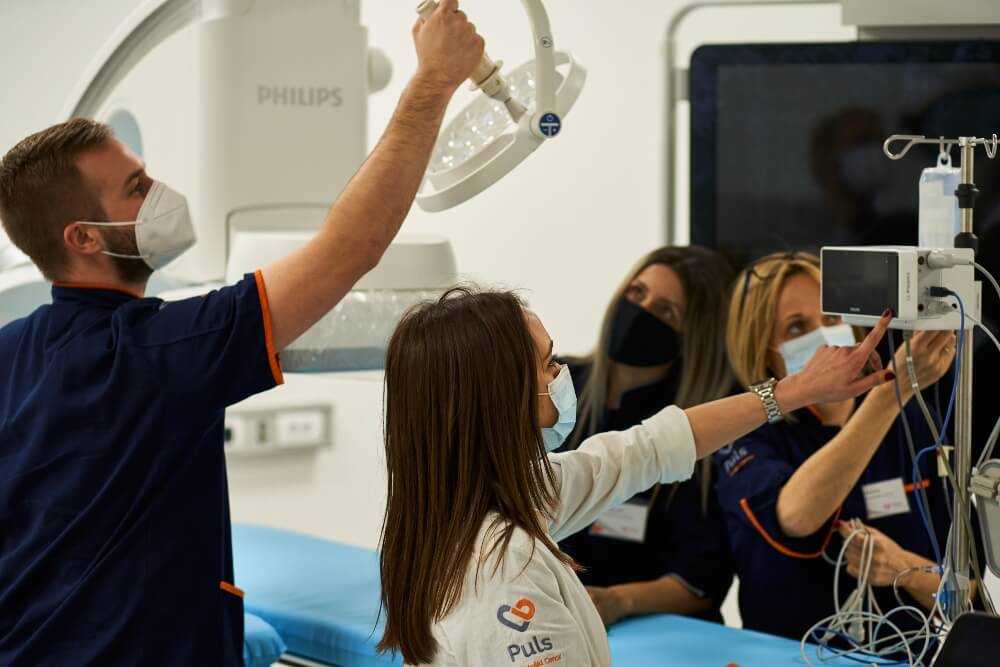
Can tachycardia be prevented?
It is possible to reduce the chances of having a fast heartbeat.
By taking care of the heart, we also work to preserve its function. This means that the prevention of tachycardia consists in organizing our life so that it is good for the heart.
A healthy diet, moderate daily physical activity and avoidance of vices such as alcohol and cigarettes already significantly reduce the chances of developing problems in the functioning of the heart.
In addition, you should set aside time and work on your mental health.
Physical and mental health are equally important for the good functioning of every organ in our body.
The Pulse cardiology center allows you to do all the analyzes necessary to define and diagnose the primary cause of tachycardia in one place. After examination and tests, our cardiologist will recommend therapy or intervention and explain everything you need to know about your disease and the ways you can keep it under control. Schedule an inspection by phone or via the contact form on our website.

